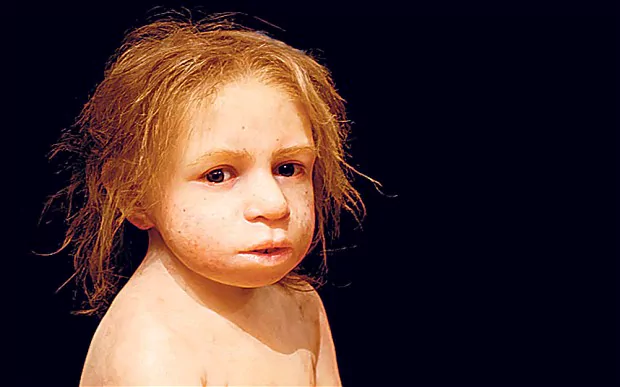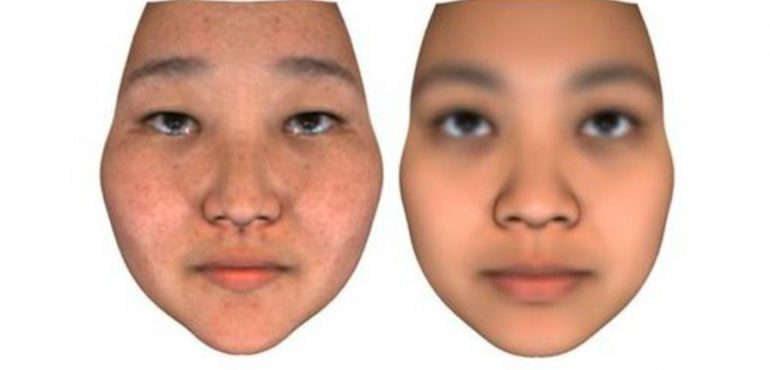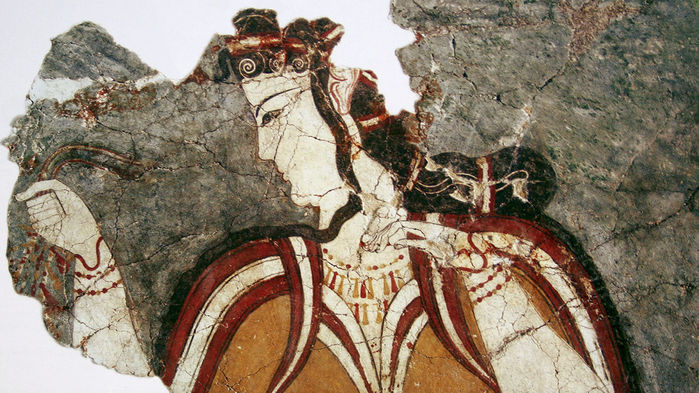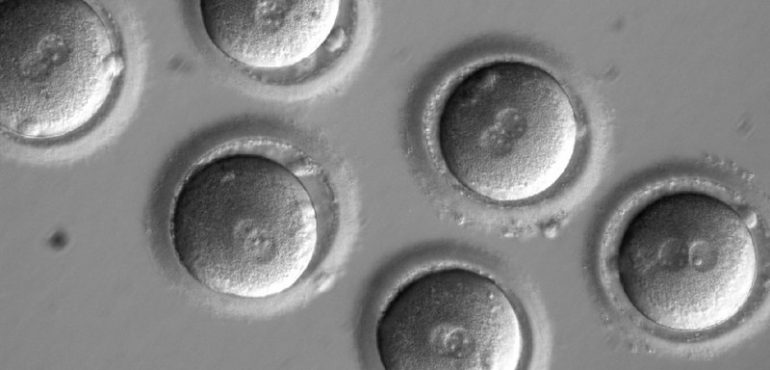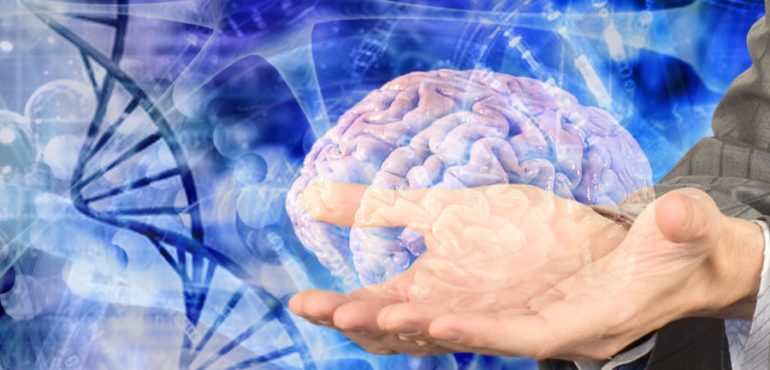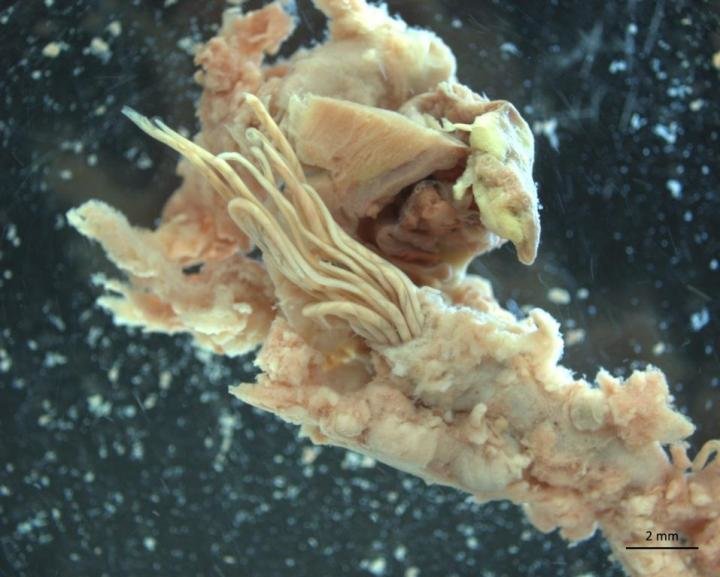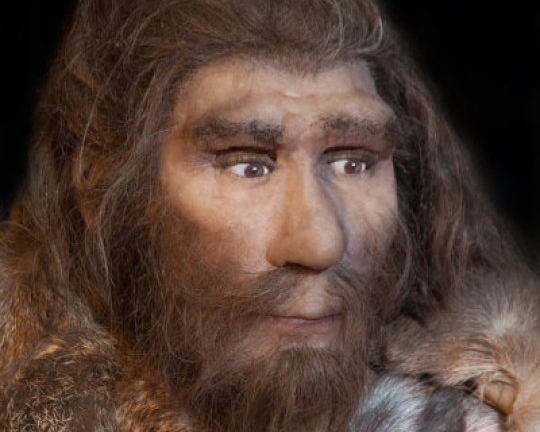The DNA of human embryos has been altered and studied for the first time in the UK, offering new insight into the early stages of human development. Scientists at the Francis Crick Institute, a medical research center, have identified the role of a key gene that controls how embryos form during the first few days…
Read more
Gene editing of human embryos in UK reveals new fertility clue


